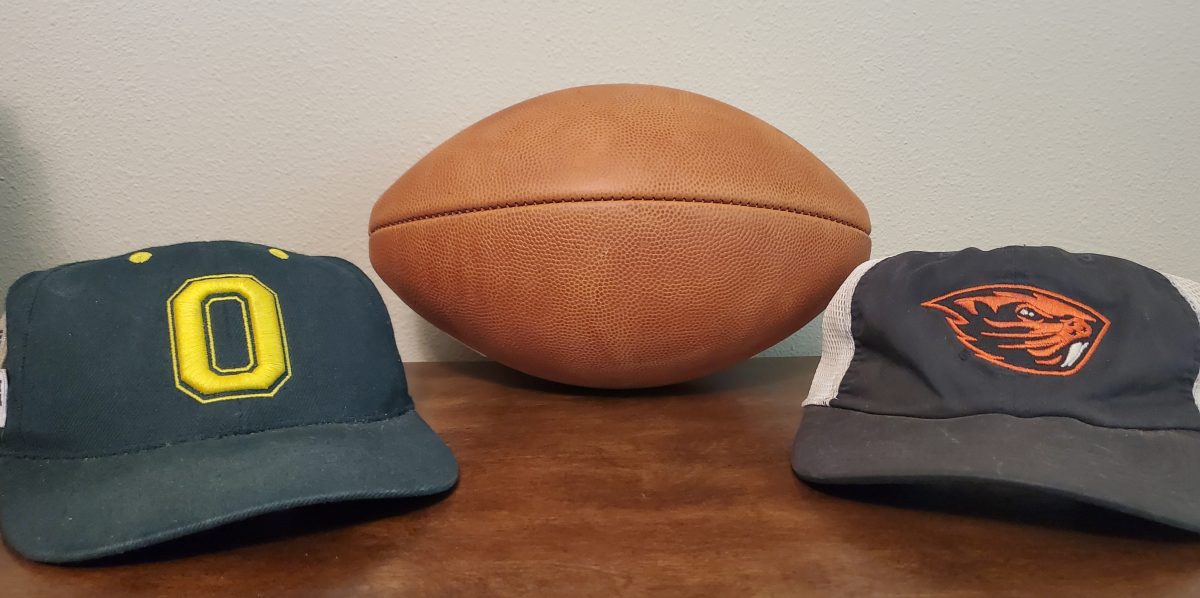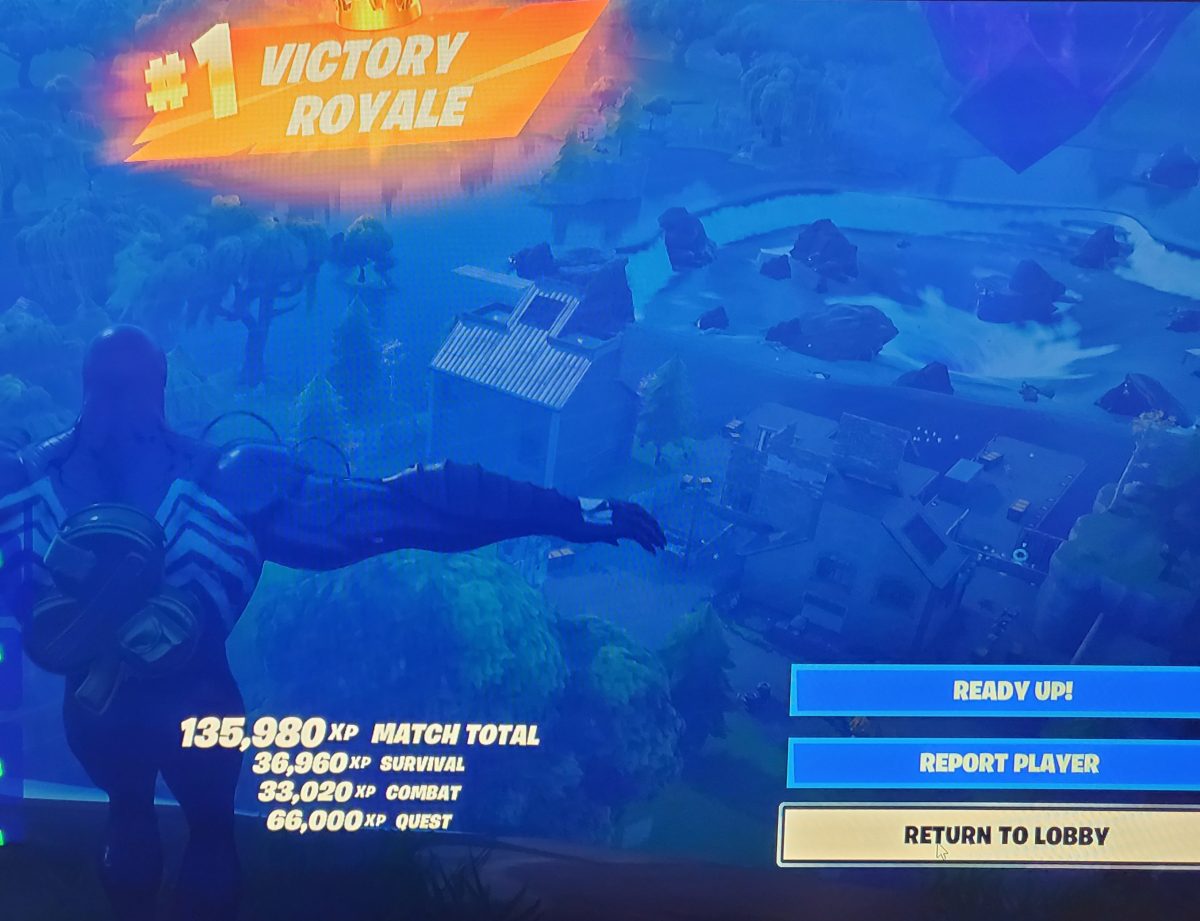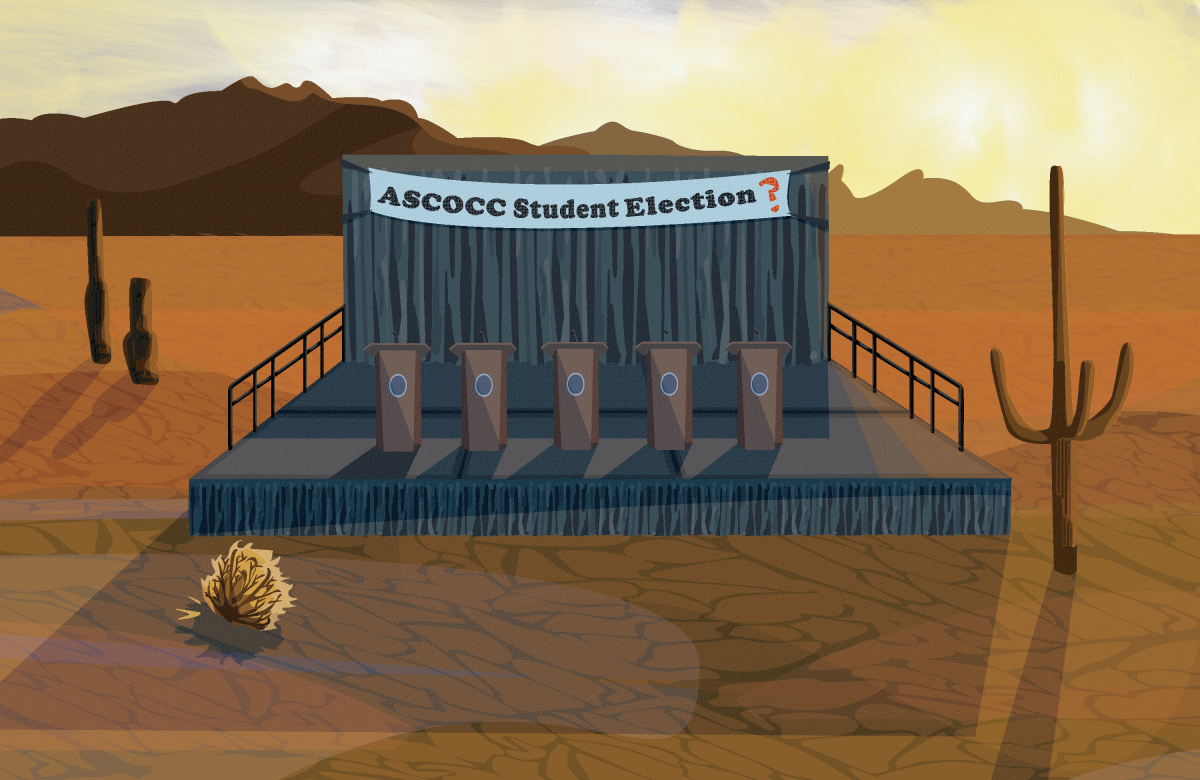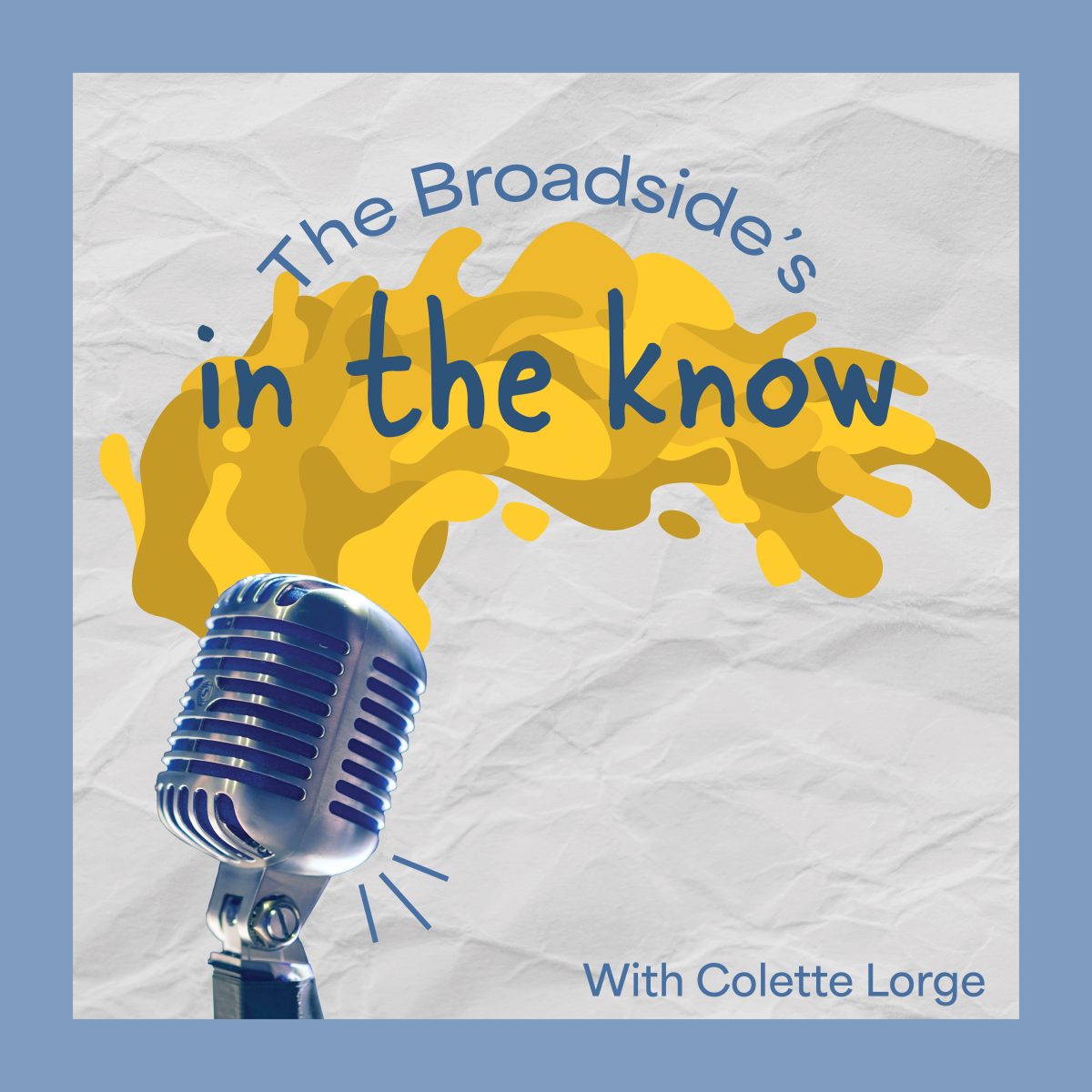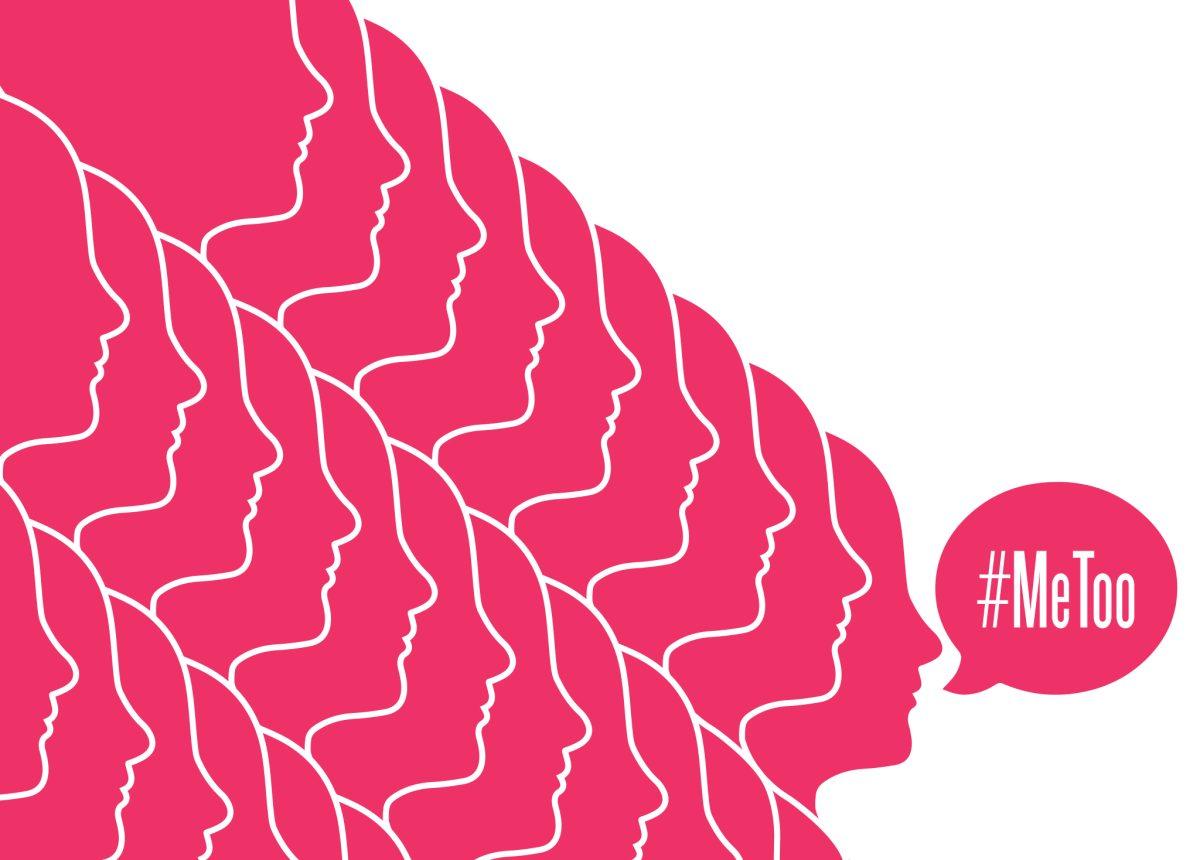By Katya Agatucci | The Broadside (Contact: [email protected])
One act, two words and one influential figure can start a social movement.
In the middle of October, a hashtag went viral after actress Alyssa Milano tweeted asking that the survivors of sexual assault and harassment write #metoo in order to raise consciousness and give people an understanding of the magnitude of the problem.
This hashtag campaign started in the midst of the Harvey Weinstein sexual assault accusations, where several Hollywood actresses including Cara Delevingne came forward about Weinstein’s sexual misconduct in the past.
Within a short amount of time, this hashtag was a trending topic on Twitter, where many celebrities and influential people were sharing their own stories.
By the first week of November, Twitter reported that over 1.7 million men and women have used the hashtag in 85 countries.
The “Me Too” campaign was originally started by Tarana Burke in 2007 to help sexual assault victims in underprivileged communities.
The circulation on Twitter rapidly jumped to other social media outlets. Over 70,000 users posted about the hashtag in under 12 hours.
After the surge of the hashtag, on Oct. 16, Benjamin Law started a new hashtag to encourage men to share how they will change male culture and support women: #HowIWillChange.
The responses to the hashtag varied from how they will be better male allies, to learning more about social issues relating to women rather than waiting for someone to explain it to them.
CNN reported that many of these viral hashtags soon hit the “viral graveyard,” and that getting inspiration and power behind the social outrage of sexual assault movement and putting it to action would be difficult.
The question is, even if this is a decade long movement, can this hashtag and social media movement turn into something long-lasting that will create social change and eventually lower the sexual mistreatment of women everywhere? ■



